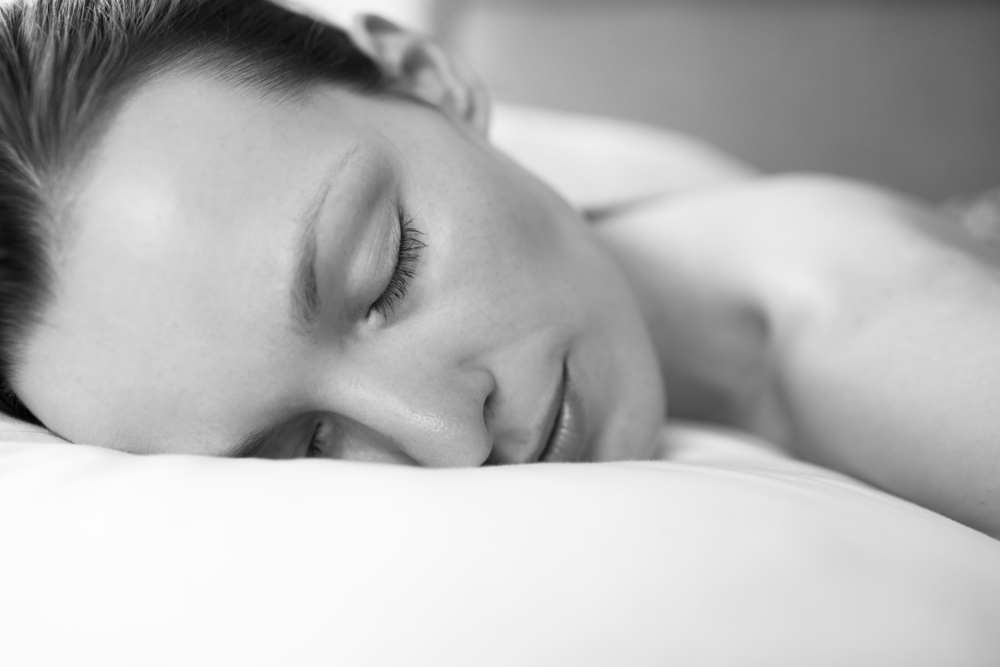In a new study entitled “Effects of reduced time in bed on daytime sleepiness and recovery sleep in fibromyalgia and rheumatoid arthritis,” researchers determined if sleep homeostatic mechanisms are impaired in both Fibromyalgia and Rheumatoid Arthritis patients, and is an underlying cause of their sleep perturbations. The study was published in the Journal of Psychosomatic Research.
Fibromyalgia (FM) and rheumatoid arthritis (RA) are chronic diseases characterized by widespread pain and often associated with sleep disturbance and daytime sleepiness.
In this study, a research team aimed to determine if sleep homeostatic mechanisms are weakened in FM patients. To this end, the team applied a sleep deprivation strategy and determined how it affected the Multiple Sleep Latency Test (MSLT) and recovery nocturnal sleep in 50 women – 18 with FM and 16 with RA – and compared their outcomes with those of 16 Healthy controls. While at first the 50 women had a baseline 8 hours time-in-bed, and performed the MSLT test in the next day, in a second phase of the study (from 3 to 7 days later) the team reduced this period to 4 hours, followed by MSLT assessment and an 8 hour time-in-bed recovery night. They observed a reduction in the baseline levels in the Multiple Sleep Latency Test in FM patients, when compared to RA and healthy individuals. Specifically, FM patients exhibited a 4.3-minute reduction, while RA patients had a 3.1 minutes and 4.8 minutes for healthy controls. The recovery night also revealed differences, with FM patients experiencing higher levels of sleep efficiency relative to baseline levels — a 9.2% for FM patients, while RA and healthy-controls had a 13.3% and 7.6% increase, respectively.
The team’s findings suggest that homeostatic sleep mechanisms are functional in FM patients; however, further research is needed to understand the causes for sleep perturbations in these patients.
Tim Roehrs, PhD, senior biomedical scientist at HFHS sleep Disorders Center and professor of psychiatry at Wayne State University commented, “We aimed to test the sensitivity of the sleep system by partially depriving sleep and found that patients with fibromyalgia responded as well as healthy volunteers, concluding that their sleep system is appropriately responsive. This is less easy than it sounds, as we are not clear as to why the arousal system is hyperactive in fibromyalgia.”

